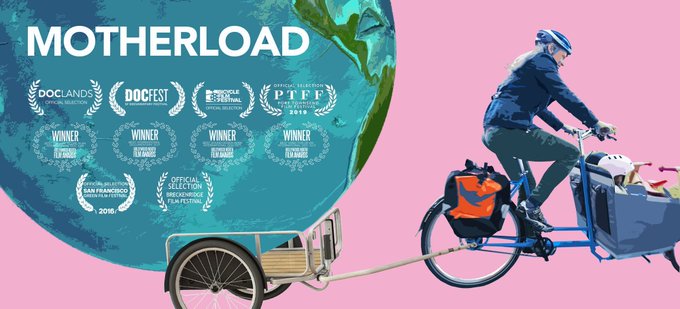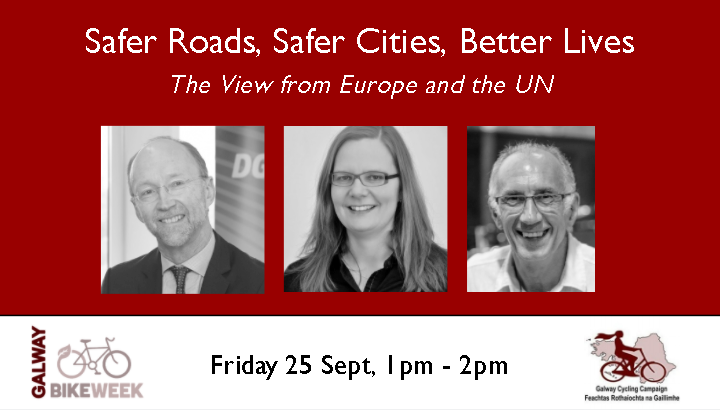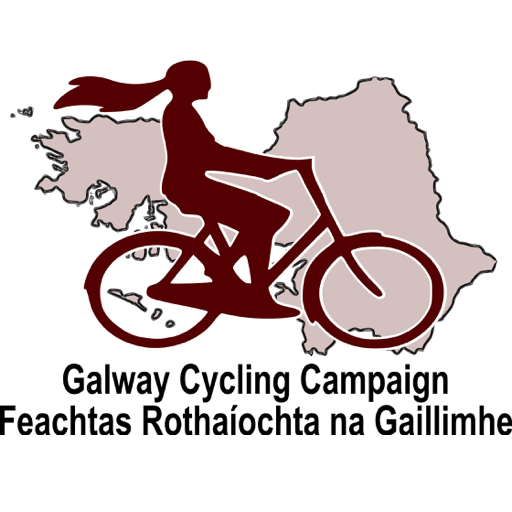Tag: lower speeds
-
Bike Week 2020
This year Bike Week looks a little different. We’ve organised online meetings, info sessions and working groups since March, and so we’re using this experience to bring you a series of webinars with guests from Ireland, Europ…
-

Virtual community screening / MOTHERLOAD, the movie: a covideo party and Zoom Q&A with director Liz Canning
Our grand finale to Bike Week 2020 is hosting MOTHERLOAD as a virtual community screening and covideo party. We’re delighted that director Liz Canning will join us for a Q&A […]
-

Lunchtime webinar / Safer Roads, Safer Cities, Better Lives: The view from Europe and the UN
Decisions made by the European Commission and the UN have an impact on the road design and safety of our urban roads, residential streets, and bóithirín. Insights into the impact […]
